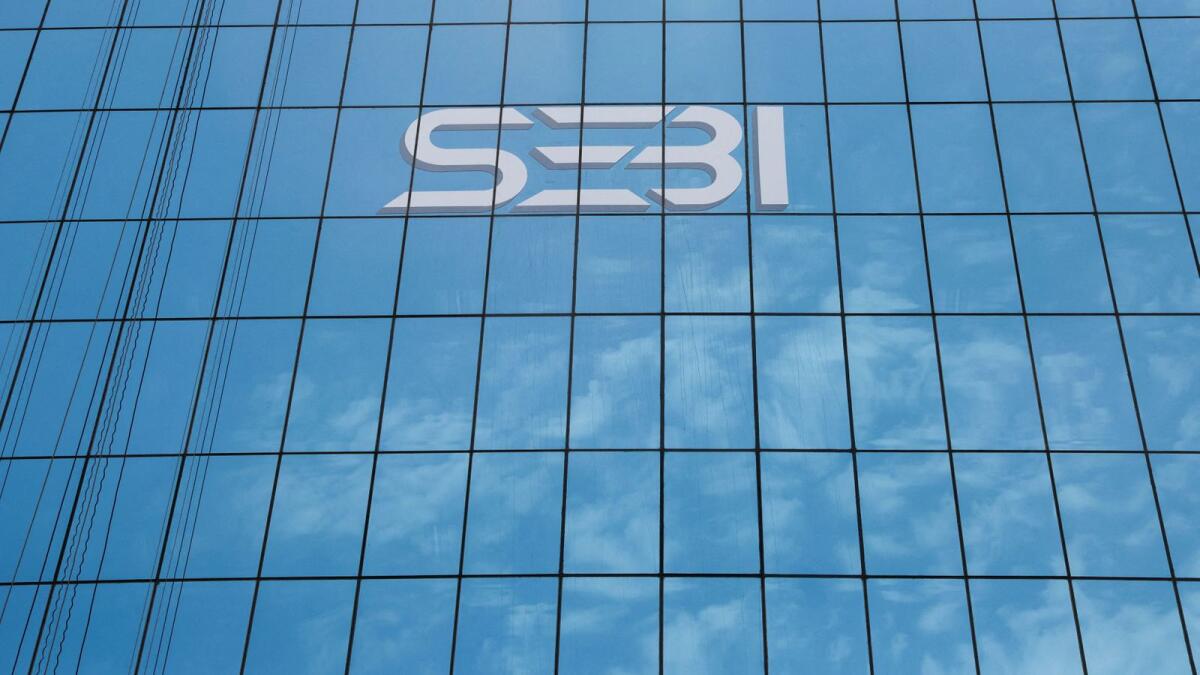India’s securities regulator, Sebi, is currently investigating six domestic investment banks for potential malpractice in the initial public offering (IPO) market. The probes, which began earlier this year, are focused on the fees that the banks have charged companies. At least half a dozen small investment banks have been found to be charging fees equivalent to 15 per cent of funds raised via their IPO, significantly higher than the standard 1-3 per cent in India. Sebi has not disclosed the names of the banks under investigation, but the regulator’s efforts come in light of investor warnings about the risks associated with investing in small businesses and plans for tighter regulations on such IPOs.
In India, smaller businesses listing on the BSE and NSE have fewer disclosure requirements and are subject to vetting by the exchanges rather than Sebi. Sebi’s preliminary findings suggest that the high fees charged by investment banks may be aimed at ensuring oversubscription of offerings. The regulator is also looking to curb coordinated activity between banks and investors who break rules by placing large bids, both as high net-worth individuals and ordinary retail investors. These bids are often not genuine and are canceled at the time of allotment, but they attract more bids and investments from other investors, according to sources familiar with the matter.
There are over 60 investment banks in India actively working on IPOs for small businesses, which have been experiencing rapid growth in recent years. In the last fiscal year, 205 small firms raised 60 billion rupees, a significant increase from the previous year. For the April-August period of the current fiscal year, 105 small firms have raised 35 billion rupees, with more than two-thirds of the offerings being oversubscribed. Sebi official Ashwani Bhatia has highlighted the lack of checks and balances in the IPO process for small and medium-sized enterprises and stated that the regulator will soon propose tighter rules to address these issues.
As part of its efforts to regulate the IPO market, Sebi has implemented measures such as capping share gains for a small firm’s first day of trade at 90 per cent. The regulator has also instructed auditors and exchanges to be vigilant and prevent companies from listing if there is dissatisfaction with the information disclosed in IPO documents. Sebi is currently working on a set of action points aimed at modifying how smaller firms conduct their IPOs, further demonstrating its commitment to ensuring transparency and compliance in the IPO market. Through these investigative efforts and proposed regulatory changes, Sebi aims to address malpractices and protect investors in India’s IPO market.










